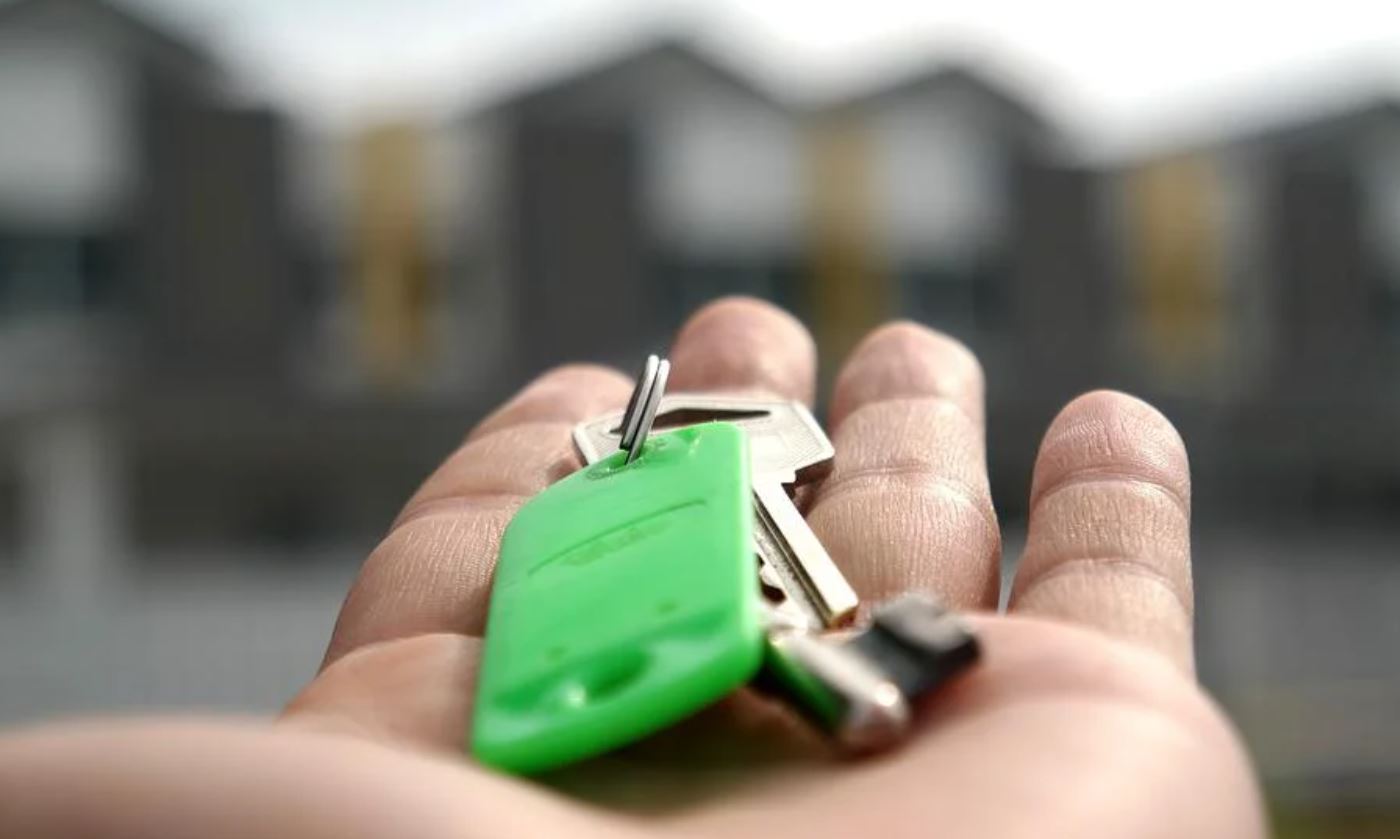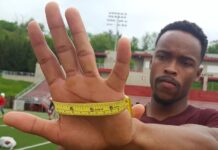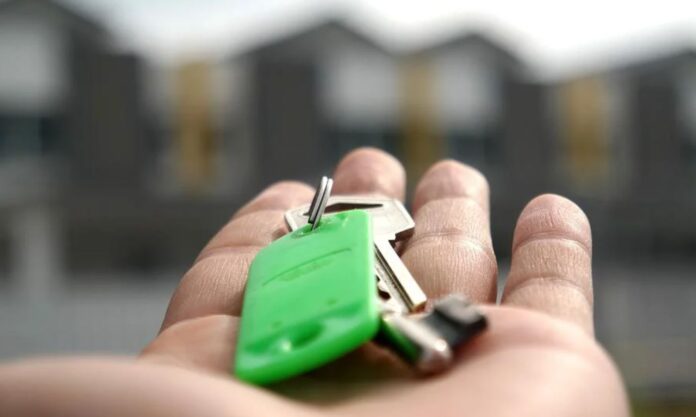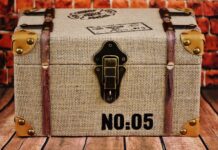According to the National Association of Realtors, the average person spends nearly ten years in their first home. So, suppose you’re thinking about buying your first house. In that case, it’s important to consider your options carefully before making such a big purchase.

There are a lot of things to consider before buying your first home. It’s a big decision and one that should not be taken lightly. Here are a few things you need to consider before leaping into homeownership:
1. Where do you want to live?
Do you want to be in the city or the suburbs? Do you want a single-family home or a condo? There are so many different options out there, and it’s important to figure out what you’re looking for in a home before you start your search. However, don’t get too caught up in the details. You may find your perfect home somewhere you would never have thought to look.
Wherever you decide, you must consider a few factors when narrowing down your search. These include the quality of schools, crime rates, and the overall cost of living in the area. Also, the safety standards must be up to your satisfaction. For instance, asbestos removal is a must as it can cause serious health implications. You can contact the nearby asbestos trust funds for more information.
2. How much can you afford?
It is probably the most important question to ask yourself before buying a home. You need to be honest about your finances and figure out how much you can realistically afford to spend on a home. Remember that you’ll also need to factor in closing costs, furniture, and decorating expenses. The most important thing is not to overstretch yourself financially.
There are many financing options available to first-time homebuyers, so be sure to do your research and explore all of your options. You may even want to talk to a financial advisor to understand better what you can afford.
3. What kind of home do you want?
It is related to the previous question, but it’s important to consider the specific home type you want. Do you want a fixer-upper or a move-in-ready home? Do you want a home with a lot of character or more modern home? Again, there are so many different options out there, and it’s important to figure out what you’re looking for before you start your search.
You can also think about the size of the home and the number of bedrooms and bathrooms you’ll need. It’s also important to consider things like the layout of the home and whether or not it will work for your needs.
4. Are you prepared for the maintenance and upkeep?
Owning a home is a lot of work. You’ll need to be prepared for painting, repairs, landscaping, and more. If you’re not prepared to take on the responsibilities of homeownership, you may want to wait until you’re ready.
Remember, you’re the one who will be responsible for taking care of your home, so make sure you’re prepared to do so before making such a big purchase.
5. Construction Quality:
Whether you are buying an independent flat or residential property you need to check the construction quality. Many builders build houses that look excellent on the outside but not good in terms of material. So, always need to check the quality of the material. As we know in recent times due to the increase in the value of real estate many builders build homes with cheap materials and sell them for very high prices. They made a huge amount of money because of this. So, ask your construction friend to evaluate your property before buying.
6. Do you have enough saved up for a down payment?
While many financing options are available for first-time homebuyers, most lenders will require a down payment of at least 3% of the purchase price. So, if you’re looking to buy a $300,000 home, you’ll need at least $9,000 for the down payment.
In addition to the down payment, you’ll also need to save money for closing costs, which typically range from 2% to 5% of the purchase price. So, on a $300,000 home, you could be looking at closing costs of up to $15,000.
7. Are you ready for the commitment?
Buying a home is a big commitment. You’ll be responsible for monthly mortgage payments, repairs and maintenance, and more. If you’re not ready for such a big commitment, you may want to wait until you’re sure you’re ready.
Think about your long-term plans and whether or not owning a home is the right decision for you. If you’re not sure if you’re ready, it’s always best to wait until you are.
8. Do you have a good credit score?
Your credit score is one of the most important factors lenders will consider when you’re applying for a mortgage. So, if you have a good credit score, you’ll likely qualify for a lower interest rate and could save thousands of dollars over the life of your loan.
On the other hand, if your credit score is not so good, you may still be able to qualify for a mortgage, but you’ll likely pay a higher interest rate. So, it’s important to improve your credit score before applying for a mortgage.
9. Do you need to get pre-approved for a mortgage?
Getting pre-approved for a mortgage is not required, but it can be a good idea. When you’re pre-approved, you’ll know how much you can afford to spend on a home and will be in a better position to make an offer when you find the right property.
10. Are you working with a real estate agent?
Working with a real estate agent is not required, but it can be a good idea. A real estate agent will be able to help you find the right property and will guide you through the home-buying process. Working with an agent is not required because you can find properties on your own and then work with a real estate lawyer to complete the transaction.
However, working with an agent can save you time and hassle, so it’s something to consider.
See also: Tips on how to make the most of living alone
11. Do you have a realistic budget?
It’s important to have a realistic budget when you’re buying a home. You’ll need to factor in the down payment, closing costs, and monthly mortgage payments. In addition, you’ll need to factor in the cost of repairs and maintenance.
If you’re unsure how much you can afford to spend, it’s a good idea to talk to a mortgage lender or financial advisor. They’ll be able to help you create a realistic budget and figure out how much you can afford to spend on a home.
Bottom Line:
When you’re buying a home, there are many things you need to consider. From your budget to your long-term plans, you need to make sure you’re prepared for the commitment of homeownership. If you’re not sure you’re ready to buy a home, it’s always best to wait until you are. Remember, buying a home is a big decision, so you want to be sure you’re making the right choice for yourself.






















